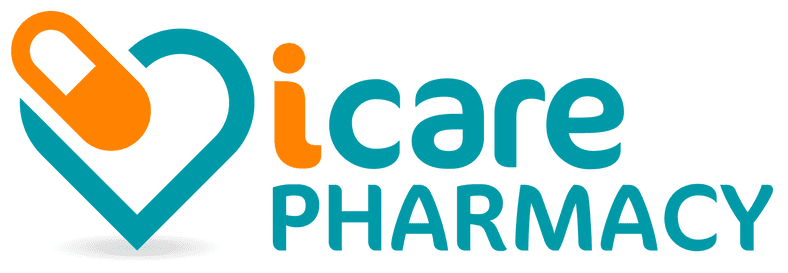Natural Remedies to Combat Migraines: A Science-Backed Approach
Migraines can be debilitating, disrupting daily life with intense pain, nausea, and sensitivity to light and sound. While medications play a crucial role in managing migraines, many people seek natural remedies to supplement their treatment plan. If you’re looking for alternative approaches, here are some evidence-based natural remedies that may help reduce the frequency and severity of migraines.
1. Magnesium: A Powerful Mineral for Migraine Prevention
Magnesium is an essential mineral involved in numerous bodily functions, including nerve transmission and blood vessel regulation. Research suggests that magnesium deficiency may be linked to migraines. Studies have shown that magnesium can help block the brain signals that trigger migraines, making it a promising preventive option.
Scientific Evidence: A study published in The Journal of Headache and Pain found that magnesium supplementation significantly reduced the frequency of migraines in individuals with low magnesium levels (Sun-Edelstein & Mauskop, 2009).
Recommended Dosage: Experts suggest taking 400-500 mg of magnesium daily, preferably in forms such as magnesium citrate or magnesium glycinate, which are more easily absorbed by the body.
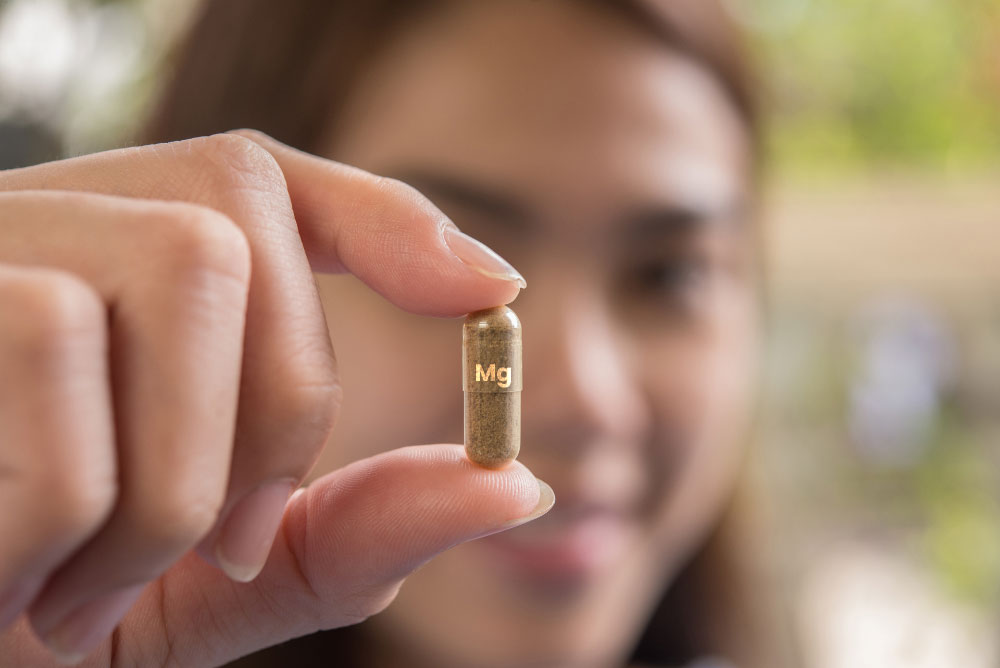
2. Vitamin B2 (Riboflavin): A Natural Migraine Shield
Vitamin B2, also known as riboflavin, plays a critical role in energy metabolism and mitochondrial function. Studies have indicated that high doses of riboflavin can reduce migraine frequency and duration.
Scientific Evidence: A randomized controlled trial published in Neurology found that participants taking 400 mg of riboflavin daily experienced a significant decrease in migraine frequency compared to those on a placebo (Schoenen et al., 1998).
Recommended Dosage: A daily dose of 400 mg of Vitamin B2 is typically recommended for migraine prevention.
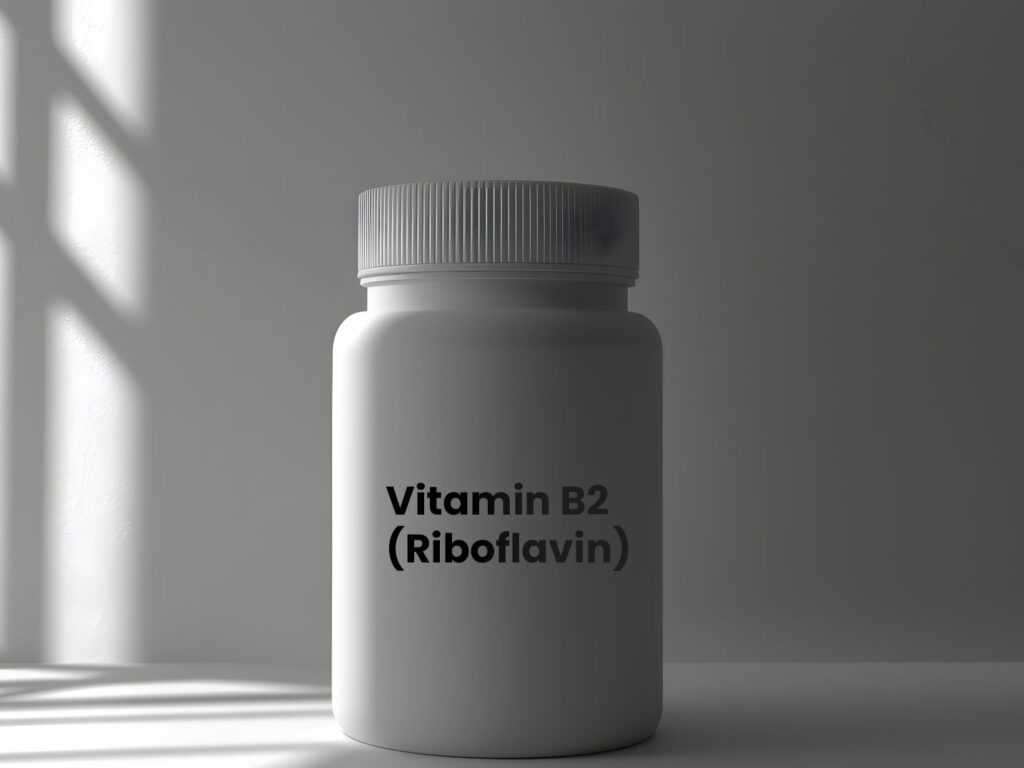
3. Coenzyme Q10 (CoQ10): Targeting Inflammation and Pain
Coenzyme Q10 (CoQ10) is a powerful antioxidant that supports mitochondrial function and reduces oxidative stress. Research suggests that CoQ10 may help minimize levels of calcitonin gene-related peptide (CGRP), a key molecule involved in migraine pathophysiology.
Scientific Evidence: A study published in Neurological Sciences found that individuals who took 300 mg of CoQ10 daily experienced a reduction in migraine frequency and intensity (Sandor et al., 2005).
Recommended Dosage: A daily dose of 100-300 mg of CoQ10 is generally recommended for migraine prevention.
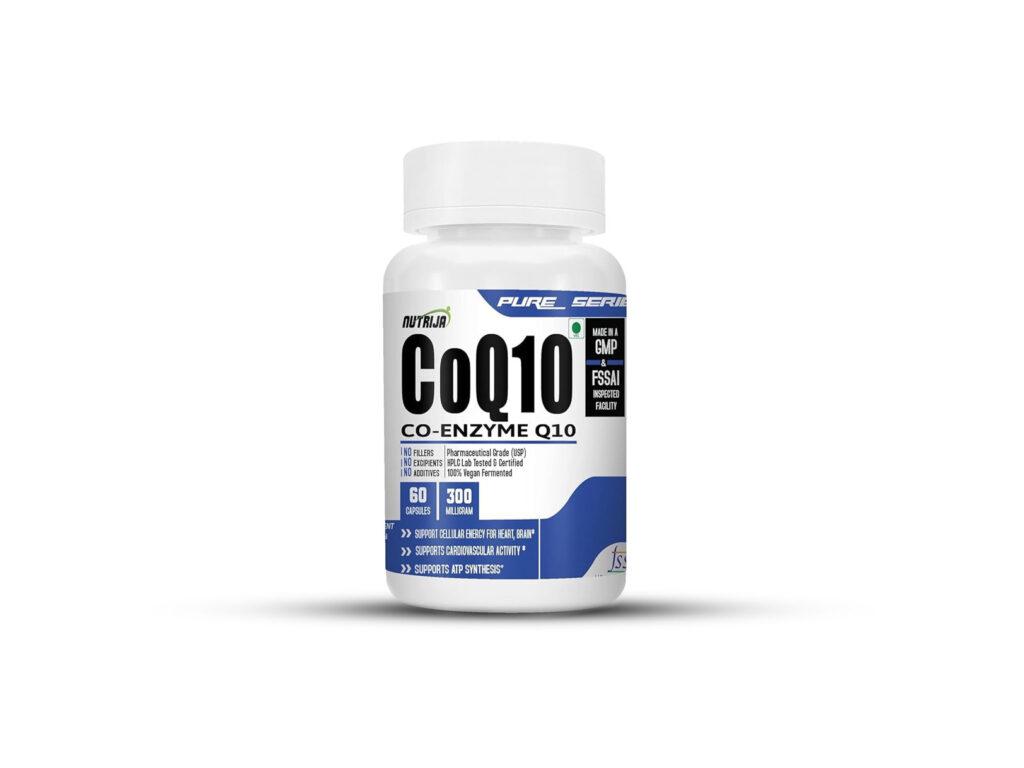
4. Butterbur: A Natural Herbal Solution
Butterbur (Petasites hybridus) is a herbal remedy traditionally used for migraine prevention due to its anti-inflammatory and antispasmodic properties. It works by relaxing blood vessels and reducing inflammation, which are key factors in migraine development.
Scientific Evidence: A study published in Neurology found that patients taking 75 mg of butterbur extract twice daily experienced a significant reduction in migraine attacks compared to a placebo group (Lipton et al., 2004).
Recommended Dosage: The recommended dose is 50-75 mg twice daily, but it’s crucial to choose a PA-free butterbur supplement, as raw butterbur contains harmful pyrrolizidine alkaloids (PAs).
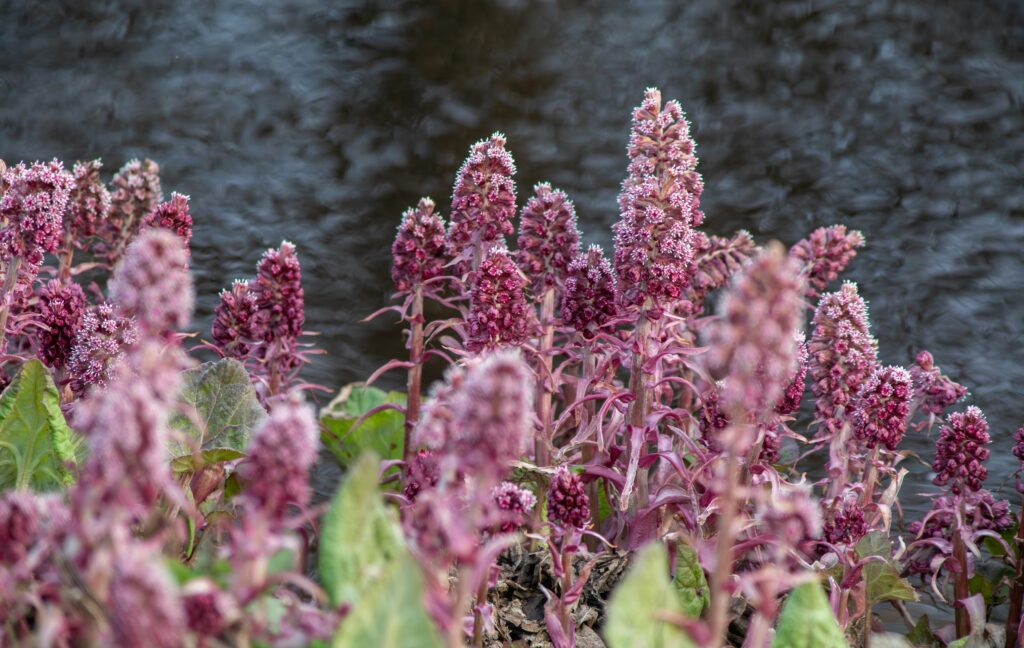
How Long Before You See Results?
Many healthcare professionals suggest giving these supplements a trial period of about three months to evaluate their full benefits. However, some individuals report noticeable improvements within just one month.

Important Considerations Before Starting Supplements
While these natural remedies can be effective, it’s essential to consult with a healthcare provider before adding them to your regimen—especially if you are taking other migraine medications. Some supplements may interact with prescription drugs or have contraindications based on individual health conditions.

Final Thoughts
Migraines are complex, and a holistic approach—including lifestyle modifications, dietary adjustments, and supplementation—can be beneficial. By incorporating scientifically backed natural remedies like magnesium, Vitamin B2, CoQ10, and butterbur, you may be able to manage migraines more effectively and improve your overall quality of life.
Do you use any of these remedies? Share your experience in the comments below!
References
- Sun-Edelstein, C., & Mauskop, A. (2009). Role of magnesium in the pathogenesis and treatment of migraines. The Journal of Headache and Pain, 10(5), 379-385. https://pubmed.ncbi.nlm.nih.gov/19149718/
- Schoenen, J., Jacquy, J., & Lenaerts, M. (1998). High-dose riboflavin as a prophylactic treatment of migraine: results of a randomized controlled trial. Neurology, 50(2), 466-470. https://pubmed.ncbi.nlm.nih.gov/9484373/
- Sandor, P. S., Di Clemente, L., Coppola, G., et al. (2005). Coenzyme Q10 deficiency in migraine patients. Neurological Sciences, 26(3), 130-133. https://pubmed.ncbi.nlm.nih.gov/15759344/
- Lipton, R. B., Gobel, H., Einhaupl, K. M., Wilks, K., & Mauskop, A. (2004). Petasites hybridus root extract (Butterbur) is an effective preventive treatment for migraine. Neurology, 63(12), 2240-2244. https://pubmed.ncbi.nlm.nih.gov/15365133/
